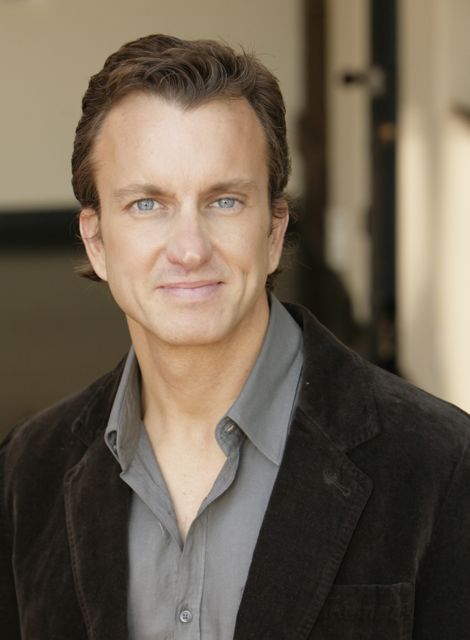
22 Jan Shrink Rap: Narcissism
A Telluride local, Dr. Paul Hokemeyer is an internationally recognized expert on treating clinical issues at the nexus of relationships and behavioral health. (Scroll down for more on Dr. Paul.)
A recent inquiry Dr. Paul recently received triggered the following response on the subject of #MeOnly or narcissism, a topic that is now part of the national debate.
Note: The details of the exchange were tweaked to protect the confidentiality of the parties involved and to respect the integrity of the psychotherapeutic relationship. Its contents are inspired by Dr. Paul’s upcoming book to be published summer 2018 by Hazelden Publishing.
Go here for more wisdom from Dr. Paul.

Dr. Paul Hokemeyer
I was closing down my Manhattan office late last Friday when my mobile phone sprung to life*. I looked at the caller ID to see if it was someone I knew, but I only recognized the Colorado area code. Thinking it was a friend; I answered in my weekend voice.
“Well hello!” I said with more enthusiasm than appropriate for a professional encounter. The silence that followed indicated I’d misjudged.
“Um… I’m calling for Dr. Hokemeyer,” a tentative woman’s voice responded.
I pulled out the professional poise I’d tucked away for the weekend and responded as officiously as I could, “This is he.”
“Oh, okay…I wasn’t sure I had the right number. I’m calling from Aspen.”
“Yes, I recognized the area code. What can I help you with?” Annoyed with myself for responding inappropriately to the call, I was more curt with her than necessary.
“I need to hire you.” My curtness inspired the woman to speak with force and confidence.
“Ok. But you’re in Aspen and I’m back in Manhattan until the summer. I only do phone sessions after we’ve established a personal rapport. But before we even get to that point, what are you struggling with?”
The tone of my caller’s voice now turned frosty. “I’m struggling with my complete jerk of a husband – soon to be ex-husband. He’s a complete narcissist. I’ve gathered from your work that you’re an expert on the topic from the show you did on Telluride TV. I need you to testify at our pending divorce trial that his narcissism led to the demise of our marriage.”
Now it was me who was taken aback. Yes, I’m an expert on a whole host of personality disorders that are endemic to men, women and families of wealth and power, but the notion of testifying at an out of state trial for a woman I’d never treated was definitely outside my wheelhouse. I declined the engagement and referred her to several of my Colorado colleagues.
But her call reminded me of the pernicious toll narcissism takes on relationships and families.
In the population I treat – men, women and families of power and privilege- narcissism is a disorder that inevitably presents itself within the family and relational consultations.
So what exactly is narcissism?
The diagnostic criteria of people who present with narcissistic personalities are summarized as follows:
Status obsessed: They define their selves from the outside in. Their self worth comes from objects of status and the adoration of others.
Emotionally volatile: They are only happy when they are being praised and acknowledged as special. They can’t tolerate being criticized or questioned; and whenever they are, they react with anger.
Externally driven: They lack a moral compass and are driven by status rather than intimacy.
Emotionally shut off: They lack empathy and compassion. They concern themselves with others only when they feel it will advance their personal agenda.
Manipulative: They are charming and charismatic, but only to manipulate and exploit others for their own gain.
Grandiose: They feel they are unique and special. Their condescending and critical attitude towards others is a tool they use to build their selves up – and tear others down.
Entitled: They feel deserving of special treatment and rewards without having to pay dues or earn them.
Attention driven: They constantly need to be seen and heard.
It’s important to note that these traits occur along a spectrum from modest to severe. It’s also important to note that treatment also occurs along a spectrum of success depending upon the patient’s willingness to engage in treatment and the treating clinician’s artfulness in engaging the patient.In next month’s newsletter, I’ll discuss the art of engagement in greater detail; and if you want to check out the Telluride TV segment on narcissism that prompted the woman’s call, click on the link below.
More about Dr. Paul Hokemeyer:
Dr. Paul is frequently quoted in a host of media outlets including The New York Times and The Wall Street Journal. He serves on the panel of experts for the “Dr. Oz Show” and is a Fox News analyst. Dr. Paul served on the board of directors for the New York Association of Marriage and Family Therapists, is a clinical member of the American Association of Marriage and Family Therapists, and received his certification as a clinical trauma professional. He also holds a law degree.


Sorry, the comment form is closed at this time.